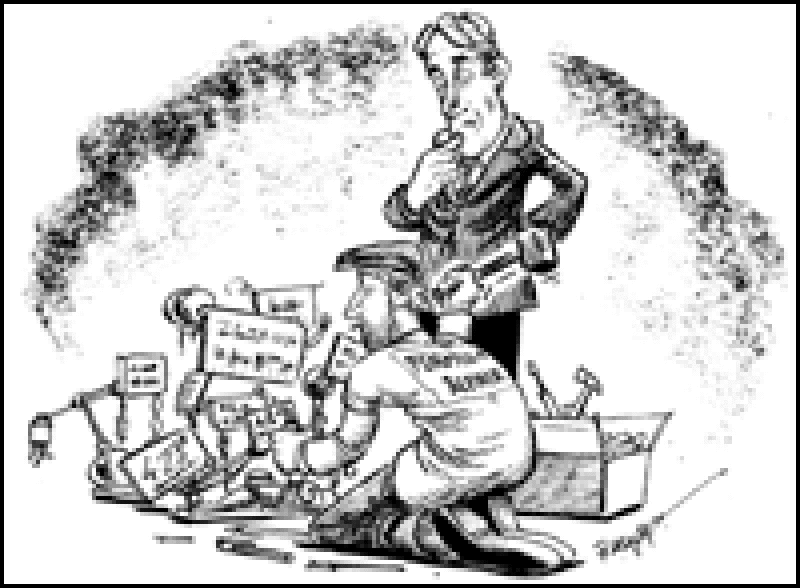
The sudden drop in implied correlation is wreaking havoc with dealer trading book valuations for CDOs. Calculation of implied correlation, a function of certain market forces on the value of tranched credit, has been buffeted by the number of correlation sellers and dealers say the numbers their models are spitting out no longer make sense--some have even seen negative figures. This is putting profits on structured trades, linked to implied correlation, out of kilter. It also causes headaches for dealers who have to mark trades to market under new accounting standards (DW, 3/4).
Implied correlation on the equity tranche was steady at 20-25% for some months, but the downgrade of General Motors Corp. and Ford Motor Co. caused hedge funds to sell their long equity tranche positions--which are effectively long default correlation--and implied correlation dropped to 10-15%. Credit derivatives officials have pondered the efficiency of calculating implied correlation via the commonly used Gaussian Copula method for some time, but now some are saying this model is well and truly broken. Pricing through this method means only certain variables affecting the price of CDOs are taken into account, in order to make the pricing process simpler and quicker. Implied spread volatility, for example, affects the price of CDOs but is not a factor used in the calculation.
One credit derivatives official explained the sudden selloff in correlation positions has created an extreme situation the model has not been tested in before. Market players' view of mid-market prices is moving beyond the rational limits of the model. "The numbers are coming out all wonky, because the model does not fit," said the official.
Hubert Le Liepvre, deputy head of the structured credit group at SG Corporate & Investment Banking, explained people are pricing structured credit very differently now. "Up until now, people were thinking more about systemic risk," he noted, adding, "Now, they are giving more value to idiosyncratic risk." Dealers have to mark their structured product sales to market, but now the liquidly-traded iTraxx tranches will likely be used more and more to provide these mark to market prices. Other analysts agreed the volatile credit markets of the last few weeks have shown tranched credit products are now being valued on a supply and demand basis, rather than in line with a model. Technically, a model is not required in order for the market to be able to trade, noted one analyst, but it is needed to give some idea of how the structure might react in different market conditions in the future.







